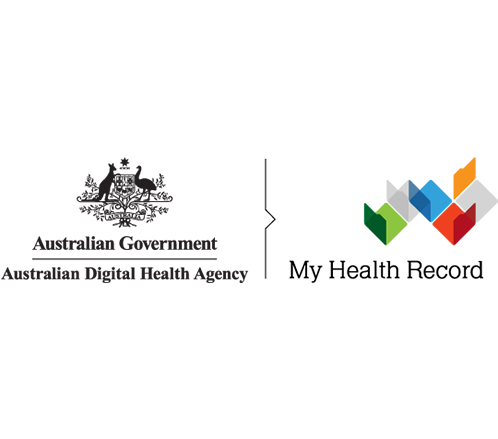Should people living with HIV register for My Health Record?

[et_pb_section admin_label=”section”][et_pb_row admin_label=”row”][et_pb_column type=”4_4″][et_pb_text admin_label=”Text” background_layout=”light” text_orientation=”left” use_border_color=”off” border_color=”#ffffff” border_style=”solid”]
 My Health Record is the new national digital health record system replacing the Personally Controlled Electronic Health Record (PCEHR) by the end of 2018.
My Health Record is the new national digital health record system replacing the Personally Controlled Electronic Health Record (PCEHR) by the end of 2018.
My Health Record is a secure online summary of your health information. Individuals can control what goes into it and who has access. You can choose to share your health information with GP’s, specialists, hospitals and other health care providers.
By the end of this year, every Australian will have a My Health Record unless they choose to opt out.
There are benefits to having a My Health Record but also concerns around privacy especially for people living with HIV (PLHIV). We explore some of those issues and how members of hopefully leave you with enough information to make informed choices about your health.
Who has access to My Health Record?
Doctors, nurses, physiotherapists and others health professionals can see your health information if you authorise them. It can be viewed in your presence anywhere anytime, including if you are travelling or if you move interstate. This information includes (but not limited to):
- prescription history
- specialists you might be seeing along with appointment records
- immunisations
- diagnostic imaging reports (eg: x-rays and ultrasounds)
- pathology reports (blood test)
You can hide documents and information stored on your My Health record. Once hidden, information is not accessible to others even in an emergency.
My Health record does not replace any of your existing health records. Doctors and health service providers will still keep their own notes.
You can also consent to having a carer or support person access your My Health Record.
My Health Record benefits
People living with HIV who have multiple or complex conditions will benefit from their health specialists being able to easily share information with each other. This will assist them in providing better health interventions and link individuals to other services that might be required for appropriate care.
In a medical emergency, having access to all health information in a timely manner can help healthcare providers quickly provide the best possible care. Information about allergies, medication interactions and medical conditions allow better advice, treatment and outcomes. It also eliminates the pressure for individuals to remember their entire health history including multiple medications, conditions and tests with different healthcare providers.
Issues around My Heath Record for PLHIV
HIV continues to be a stigmatised disease and disclosure remains an important factor that should remain in control of PLHIV.
Under the My Health Record Act 2012, law enforcement agencies can gain access to your health data without the independent oversight of a court or tribunal. If the Australian Digital Health Agency ‘reasonably believes that the use or disclosure is reasonably necessary’ in the prevention, detection, investigation, or prosecution of criminal offences, breaches of the law or improper conduct and in “the protection of public revenue” (e.g. taxes), your data can be shared to any law enforcement agencies that request it.
Law enforcement agencies having access to private health data creates another barrier to accessing health care for vulnerable groups and special PLHIV populations. Many PLHIV and communities affected by HIV, such as people who inject drugs, sex workers, immigrants and refugees, Aboriginal and Torres Straight Islanders, and those who receive welfare payments are disproportionately stigmatised and suffer discrimination. Access to this information could bring unwarranted law enforcement scrutiny and investigation.
Should I opt in or out?
You can register for My Health Record at any time before December 2018; however, you will be automatically registered by the end of 2018 unless you choose to opt out.
If you decide to opt out of MY Health Record, there will be an opportunity to do so from mid- 2018. Go to the My Health Record website, and register to be notified by email when the opt-out period begins.
If you already have a My Health Record and you would like to opt-out of the program you can cancel by calling the Help line on 1800 723 471 or follow the options on the website under “Cancel my record”.
Click here for more information on My Heath Record’s privacy.
[/et_pb_text][/et_pb_column][/et_pb_row][/et_pb_section]